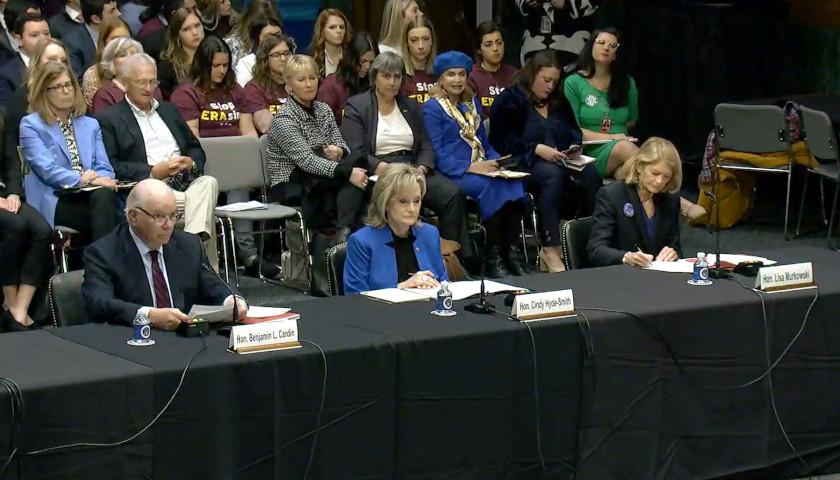Congressional Democrats are attempting to add the Equal Rights Amendment (ERA) to the Constitution about fifty years after states failed to ratify it by introducing legislation stating that it has, in fact, been ratified, according to The New York Times.
Congress passed the ERA in 1972 with a seven-year deadline for ratification, but only 35 states ratified it by 1982, falling short of the required three-quarters of states. Democratic New York Sen. Kirsten Gillibrand and Democratic Missouri Rep. Cori Bush introduced a proposal Thursday which ignores the deadline, states that the ERA has already been ratified as the 28th Amendment and urges the National Archivist to certify and publish it immediately, according to the NYT.
Read the full story







